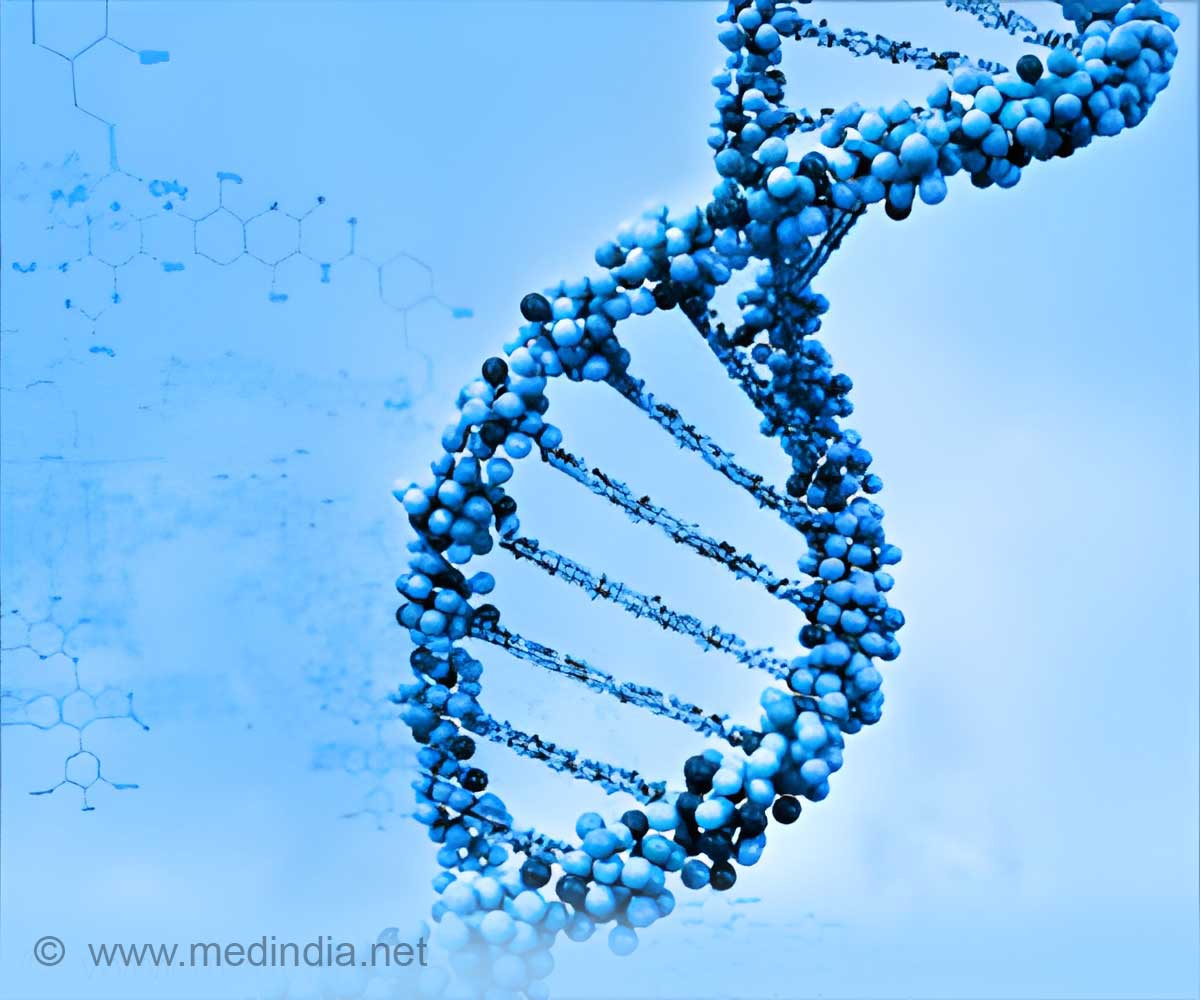Biological sex plays a small but ubiquitous role in the gene expression of every tissue including body fat, cancer and birth weight.

‘One-third of the genes in the body are differentially expressed in males and females. The findings indicate the importance of sex in human genetics and genomics.’
Read More..




Gene expression is the amount of product created by a gene for cell function. Read More..
Biological sex differences are observed in genes that are involved in many functions, including how women control blood sugar levels during pregnancy, how people respond to medication, how cancer develops and how the immune system functions.
Sex also plays an important role in how genetic variation between individuals affects their gene expression levels.
Sex differences exist for many human traits and disease characteristics. They have been previously attributed to sex chromosomes, hormones, and differences in behavior and environmental exposures.
In this study, scientists investigated sex differences in the human transcriptome. Human transcriptome is the sum of all RNA transcripts in a cell.
Scientists used 44 types of healthy human tissue from 838 individuals. For every gene, the scientists focused on whether they could find differences in the amount of gene expression between males and females.
They found that 37% of the human genes were expressed at different levels in males and females in at least one type of tissue.
Although these effects were abundant, the amount that gene expression differed was mostly small.
The scientists discovered 58 previously unreported links between genes and complex traits such as cholesterol levels, blood pressure, body fat percentage, and breast cancer.
The study also reported that a portion of previously reported gene-trait links was true only for a single-sex.
The findings indicate the importance of sex as a variable in human genetics and genomic studies.
Differentially expressed genes represented diverse biological and molecular functions. These genes are relevant in disease and clinical traits. They suggest a link between a genetic variant and a trait.
"Finding these links helps us to understand the biology underlying the trait," Stranger said. "If we understand the biology of a trait, we can try to use that information for diagnostics, drug development and predicting outcome."
In women, the genetic regulation of CCDC88 expression is strongly associated with breast cancer progression. The finding could enable researchers to assess whether gene expression of CCDC88 is a potential biomarker for cancer progression in women.
In women, the gene HKCD1 is associated with birth weight. HKCD1 could impact birth weight by altering glucose metabolism in the liver of a pregnant woman.
In men, DPYSL4 is associated with body fat percentage and CLDN7 with birth weight.
The genetic regulation of C9orf66 in men is associated with balding patterns. Before this study, little was known about the gene. With this discovery, researchers can design experiments to better characterize the role of this gene in balding patterns in males.
If specific genes contribute differentially in males and females, these genes could be used as sex-specific biomarkers. These factors may play a crucial role in personalized medicine in the future. Considering males and females in a single study group would be obscured.
The study has some limitations. The researchers note that despite sex differences, the majority of human biology at all levels is common to both males and females.
The findings are based on mostly older individuals. The analysis also does not account for sex differences that occur during different developmental stages or in specific environments.
Source-Medindia















